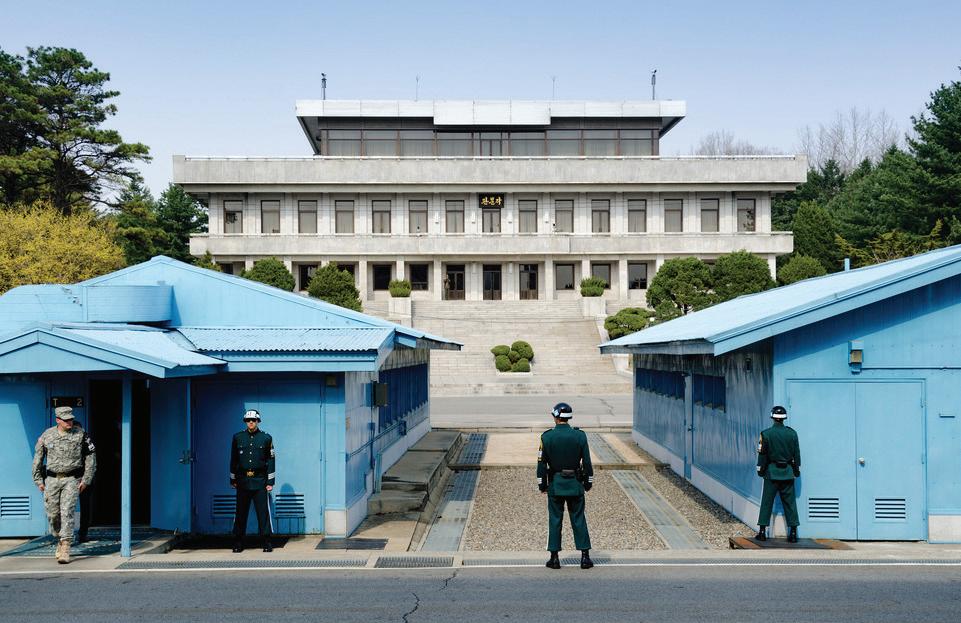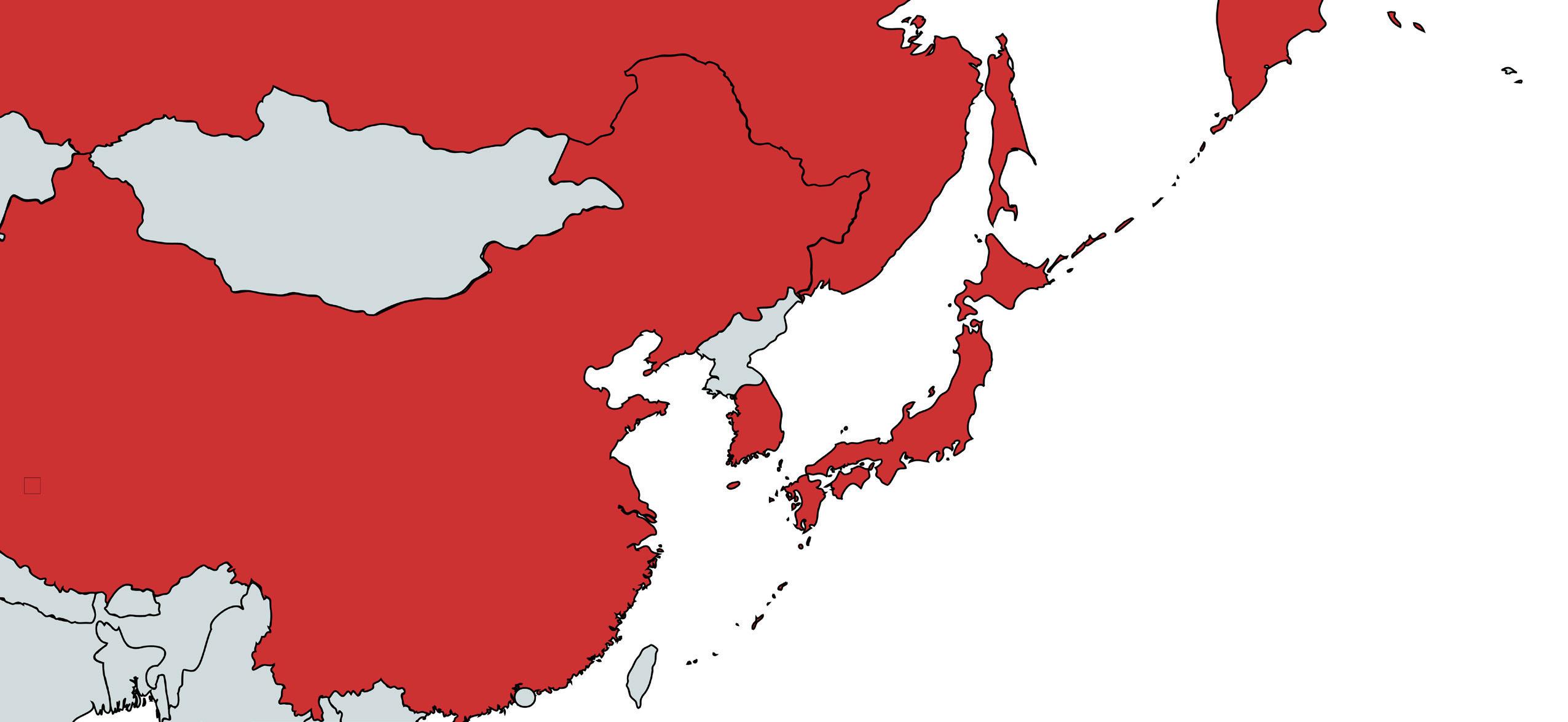INTRODUCTION
After nearly 70 years of hostility, U.S.-North Korea relations are at a crossroads. Tensions rose throughout 2017 as North Korea tested missiles and advanced its nuclear program at a rapid pace and President Donald Trump and Chairman Kim Jong Un traded barbs and threats. Yet in early 2018, a series of diplomatic overtures orchestrated by South Korean President Moon Jae In led to North Korea’s participation in the PyeongChang Olympics, sustained inter-Korean dialogue, and President Trump’s agreeing to meet with Kim. The historic U.S.-North Korea summit took place in Singapore on June 12, 2018 and produced a joint statement in which “President Trump committed to provide security guarantees to the DPRK, and Chairman Kim Jong Un reaffirmed his firm and unwavering commitment to complete denuclearization of the Korean Peninsula.” 1 The Singapore summit decreased tensions and provided both governments with a mandate to work toward denuclearization and a new bilateral relationship. Since the summit, North Korea has maintained a voluntary moratorium on missile and nuclear testing;2 inter-Korean engagement has proceeded at a steady pace; and North Korea has returned the remains of some American soldiers.3 However, as of December 2018, negotiations appear to have slowed due to disagreements about the sequencing and pace of denuclearization. This state of affairs is all too familiar for the U.S.-North Korea relationship. Since the 1990s, the United States and other members of the international community have sought to negotiate an end to North Korea’s nuclear program. Mutual distrust; failure—or perceived failure—to uphold commitments; and ongoing hostility have undermined both nuclear negotiations and implementation of agreements. If the United States and North Korea are to negotiate successfully, the two sides must break free from this decades-old pattern of behavior.
1 The White House. (2018, June 12). Joint Statement of President Donald J. Trump of the United States of America and Chairman Kim Jong Un of the Democratic People’s Republic of Korea at the Singapore Summit. Retrieved from https:// www.whitehouse.gov/briefings-statements/joint-statement-president-donald-j-trump-united-states-america-chairman-kim-jong-un-democratic-peoples-republic-korea-singapore-summit 2 DPRK Ministry of Foreign Affairs. (2018, September 9). Building a Peace Regime on the Korean Peninsula – An Urgent Demand of the Times. Retrieved from http://www.mfa.gov.kp/en/building-a-peace-regime-on-the-korean-peninsulaan-urgent-demand-of-the-times-kim-yong-guk-director-general-of-the-institute-for-disarmament-and-peace-ministry-of-foreign-affairs-democrat 3 The White House. (2018, July 26). Statement from the Press Secretary on the Repatriation of Remains from North Korea. Retrieved from https://www.whitehouse.gov/briefings-statements/statement-press-secretary-repatriation-remains-north-korea
4
FORGING A PATH FORWARD WITH NORTH KOREA






